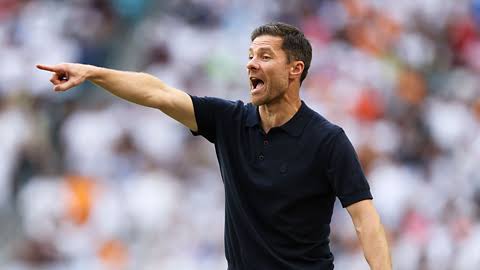In football the manager often makes all the difference. As the 2025 2026 season unfolds we turn the spotlight on ten managers who carry the potential to define their clubs destiny. Whether it is through bold tactics in the Premier League or quiet transformation in La Liga these in form coaches have been turning heads in preseason. We profile the tactical leadership of figures who could ride their momentum into unexpected success. Expect stories of expert man management, clutch decisions in promotion chases, and breakthrough runs in Champions League qualification battles.
Our roundup includes names already well known for steering elite clubs toward silverware as well as emerging candidates eyeing breakthrough seasons. Each manager has something unique to offer from tactical innovation to headline grabbing motivation that could change the face of their team’s campaign. We highlight how their approach could reshape attacking and defensive systems highlighting their adaptability and vision.
If you care about managerial impact on soccer clubs or want insight into which football managers are poised to thrive this season this article offers a nuanced glance at who to watch. It blends insight on systems, recruitment and culture without fluff or generic praise. Stay informed about the managers most likely to shape headlines this season.
Top Ten Football Managers To Watch This Season (2025/2026)
10. Francesco Farioli – Fomer Ajax Head Coach
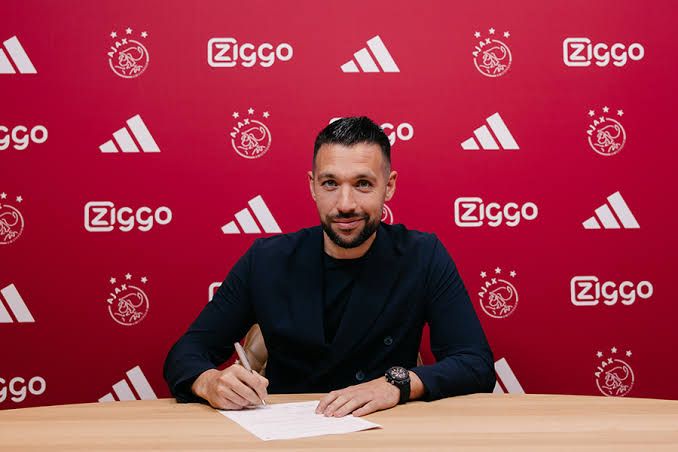
Francesco Farioli made waves when he was appointed head coach of Ajax in May 2024. As the club’s first Italian and first foreign manager in over two decades, he introduced a strong defensive foundation and tactical flexibility. By March 2025 Ajax had the best defensive record in the league and sat atop the table. His in game adjustments, including shifting to a compact formation to protect tight leads, drew praise.
One standout moment came in a 2–0 away victory over title rivals where his pressing scheme and precise in game tweaks gave Ajax clear advantage. However a dramatic collapse in form late in the season stripped the title just days before the end. His visible emotion and lack of regrets after that final match spoke to his investment in the club’s identity. Disagreements around tactics and transfers ultimately led to his mutual departure in May 2025. His rise and fall at Ajax reflect the swings of modern football leadership and make him a compelling figure to follow.
9. Rúben Amorim – Manchester United
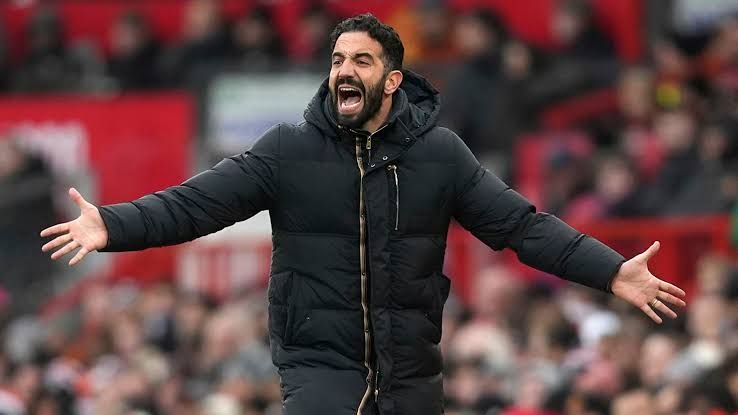
Rúben Amorim began his reign at Manchester United in November 2024 with an eight-match winless run giving way to dramatic moments like a derby victory against Manchester City in December. Despite intermittent highs his debut season was largely marred by heavy defeats, a record low league finish, and a painful loss in the Europa League final. He described that squad as “probably the worst in the history” of the club a raw admission that revealed both his frustration and his honesty.
Amid this, whispers of a long-term vision surfaced, as he expressed a desire to remain at the club for decades. Summer 2025 brought bold recruitment for his attacking system including authors of Premier League proven signings, heightening pressure and hope in equal measure. His first full preseason looked promising with improved morale and a firm strategy emphasizing internal renewal and leadership groups rather than big spending. A crucial test awaits with a daunting opening fixtures list. His persistence under pressure and tactical project position him as one of the most scrutinized managers of the upcoming season.
8. Will Still – Southampton
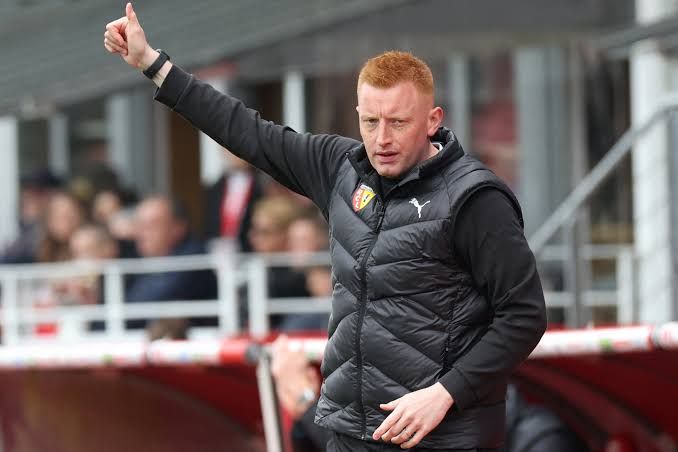
Will Still commands attention not only because he is one of the youngest managers in Europe’s top five leagues but also for his unconventional ascent. Raised in Belgium by English parents, he began coaching very young, transitioning from youth coaching into video analysis before eventually managing clubs across Belgium and France. He rose to prominence with an unbeaten run at Reims and then managed Lens before arriving at Southampton in 2025.
Despite criticism of being a “laptop manager” due to his analytical methods, he rejects the label and prioritizes adaptability and strong relationships. His outsider background gave him empathy and emotional intelligence shaped by personal adversity, including supporting a loved one through illness. Southampton’s dramatic late comeback win in their Championship opener under his stewardship demonstrated resilience and character and served notice that his approach blends tactical smarts with an empathetic touch. His journey challenges traditional coaching models and makes him an intriguing figure for both tactical innovation and human leadership.
7. Brian Priske – Sparta Prague
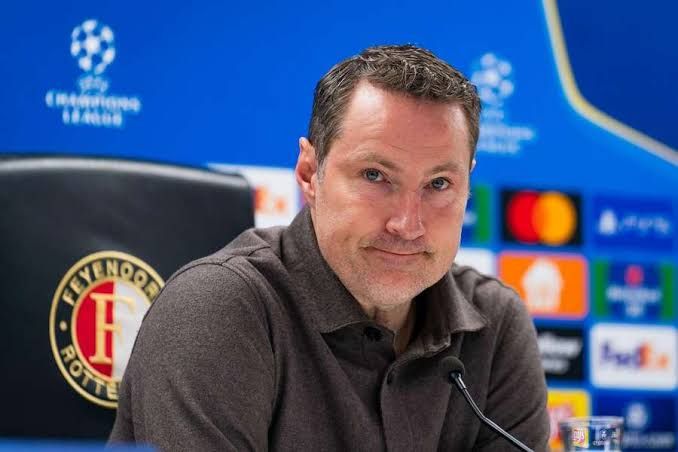
Brian Priske has stepped back into familiar territory—returning as head coach of Sparta Prague in June 2025, following a brief and turbulent period in the Netherlands. Sparta made this move only a few months after parting ways with him, a decision that reflected his prior success at the club, including back-to-back league titles and a Czech Cup win. His reappointment brings both nostalgia and tangible hope as Sparta seeks to reclaim dominance in Czech football.
Unlike many coaching comebacks, Priske does not feel reactive; instead, he arrives buoyed by a hunger to prove those trophies were not mere chance. This determination has fueled optimism among fans and the club’s leadership alike.
Before that, his tenure at Feyenoord displayed flashes of brilliance—most notably a memorable Champions League victory over Bayern Munich and a stirring comeback draw with Manchester City. Yet inconsistent league performance and a breakdown in chemistry led to his exit in February 2025.
Now, as the familiar face in a place where he once thrived, Priske stands at a pivotal moment: if he can replicate his prior success with Sparta, his legacy will deepen. Any stabilizing move or trophy this season will make him one of the most compelling coaching narratives in European football.
6. Daniel Sousa – Vitória de Guimarães
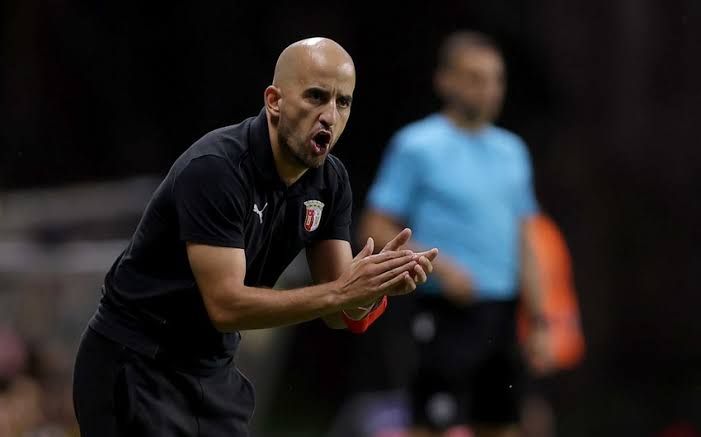
Daniel Sousa’s latest chapter began in December 2024 when he took over Vitória de Guimarães, signing an eighteen-month contract that pointed toward a project of long-term impact . The move was framed as a strategic step by the club to usher in fresh ideas and sharp tactical structure .
Yet his tenure was swift and turbulent. In just a few weeks, covering three league matches and a cup tie Sousa saw promise disrupted by fragile execution. Two draws, including a thrilling four-all tie against Sporting, were followed by a shocking defeat to fourth-division Elvas in the Portuguese Cup. The result raised eyebrows and sparked swift action, culminating in his dismissal in mid-January 2025 .
This marked his second rapid exit of the season the first at Braga, where he had been relieved of duty after four games . Increasingly, his brief stays are prompting debate around his communication style and ability to mesh within volatile club environments .
If there’s one thing certain, it’s that Sousa remains a name to watch. His bold tactical concepts and resilience under relentless pressure continue to fuel interest. The 2025-2026 season could be a turning point, offering the chance for him to build a stable environment and truly demonstrate his talents.
5. Nuri Şahin – Borussia Dortmund
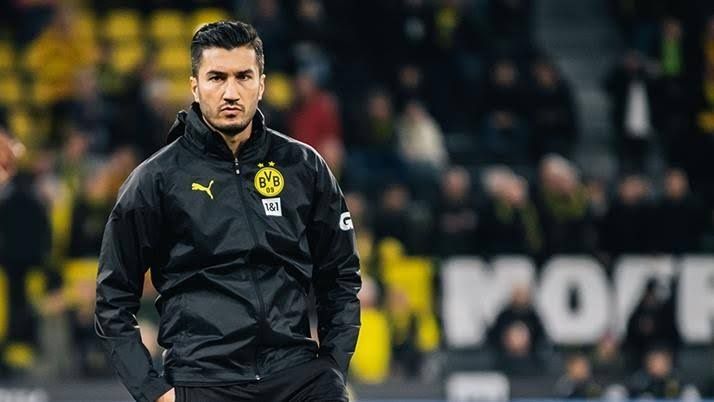
Returning to Dortmund, this time as manager, Nuri Şahin brings full-circle momentum to a club close to his heart. His work at Antalyaspor drew notice for its emphasis on youthful energy and tactical intelligence. Now at a high-pressure role, Şahin must channel his familiarity with club culture into measurable improvement. Known for fostering dynamic, expressive football, he is expected to harness Dortmund’s talent pipeline. His insider perspective offers both credibility and vulnerability, and supporters are watching how he unites performance with expectation. If Şahin manages to inject consistency and rekindle Dortmund’s youthful ethos, his season deserves full attention.
4. Paolo Vanoli – Torino
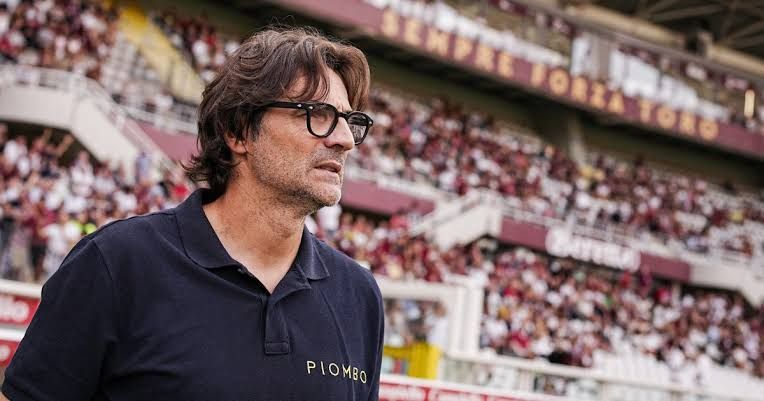
Paolo Vanoli has emerged as one of the most tactically astute managers in Italy’s top flight. Taking over at Torino in 2024 after a successful spell at Venezia, Vanoli has brought a blend of defensive solidity and intelligent attacking structure to the club. Known for his adaptability, he often switches between a back three and back four depending on the opposition, ensuring his team remains unpredictable. His work at Venezia, where he achieved promotion to Serie A and kept them competitive despite limited resources, caught the attention of several bigger clubs.
At Torino, Vanoli is gradually building a disciplined, high-energy side that presses aggressively but also maintains positional discipline when defending deep. His emphasis on developing younger players has also been notable, giving emerging talents more first-team opportunities. With Serie A becoming increasingly competitive, Vanoli’s tactical flexibility and calm presence on the sidelines have earned him recognition as a coach with the potential to break into the elite tier. If Torino continues their upward trend under his guidance, he could soon be in the conversation for some of Italy’s biggest managerial jobs.
3. Thomas Frank – Tottenham Hotspur
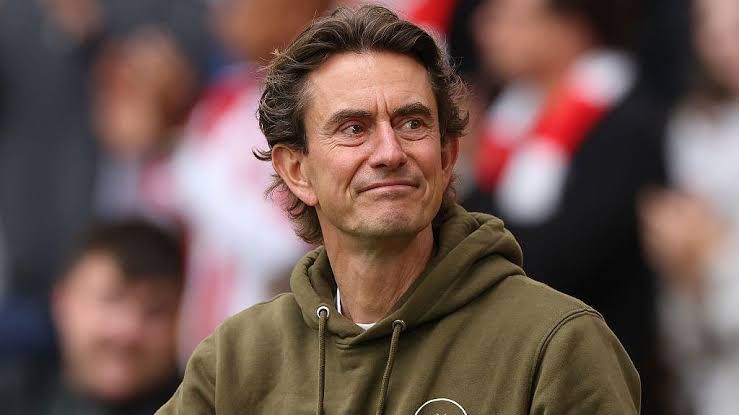
Tottenham’s fresh appointment of Thomas Frank signals a reset marked by calm pragmatism. Known for his Brentford era leadership, Frank blends pressing intensity with resourceful game management. After Europa League success, Spurs look to balance excitement with tactical discipline under his direction. His emphasis on smart transitions and youth integration should address the squad’s unpredictability. While off-pitch frustrations linger, Frank’s grounded resilience offers promise, making Spurs a story to watch not just for results but for cultural renewal.
2. Kieran McKenna – Ipswich Town
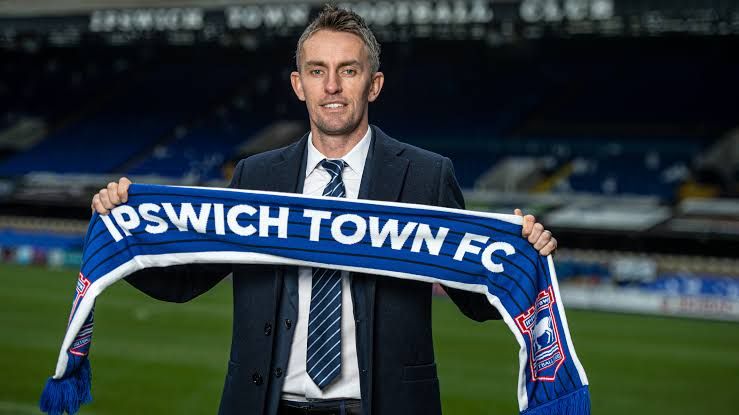
Ipswich Town’s ascent under Kieran McKenna has been steady and impressive. His calculated use of tactics helped deliver back-to-back promotions and an automatic return to the Premier League. Continuity and a clear vision underpin his approach. His side’s cohesion, despite challenges, speaks to his capacity for sustainable planning. Retaining key contributors and building squad depth now puts Ipswich in a strong position. Should they avoid the typical promoted club slump, McKenna will be credited for leadership beyond expectations.
1. Xabi Alonso – Real Madrid
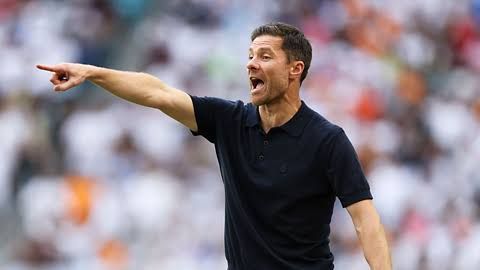
Few returns captured the football world’s imagination like Xabi Alonso stepping into the role of Real Madrid manager in June 2025. This marks a deeply emotional and symbolic reconnection with a club he once graced as a midfield maestro. His appointment brings a blend of nostalgia and forward-looking ambition, as he aims to guide Los Blancos into a new tactical era. Alonso arrives with a three-year mandate, signaling faith in his vision and allowing room for steady progress.
His coaching philosophy honed during his time at Bayer Leverkusen combines defensive discipline with fluid forwards movement. Fresh from leading Leverkusen to their first ever Bundesliga title and German Cup, he brings a record-setting unbeaten run and proven ability to translate strategy into silverware. Now at Real Madrid, the narrative shifts: he is tasked with meshing that pragmatic style with a star-studded squad that features the likes of Mbappé, Vinícius Jr, Bellingham, Alexander-Arnold, and rising youth talents.

